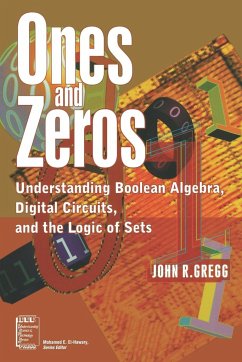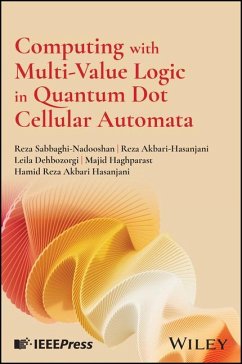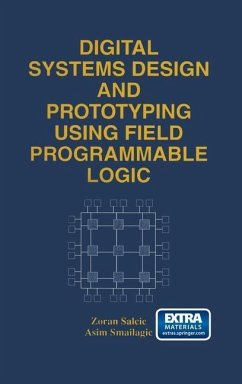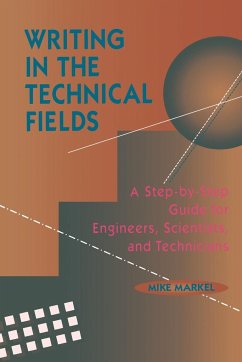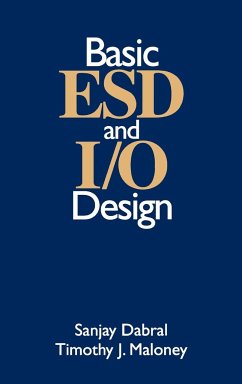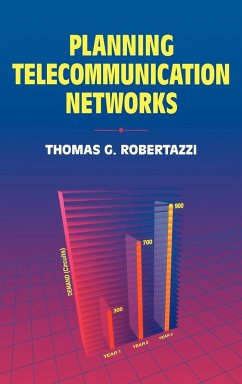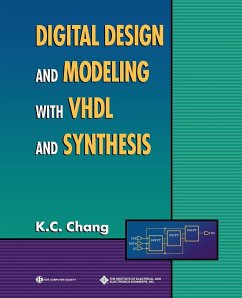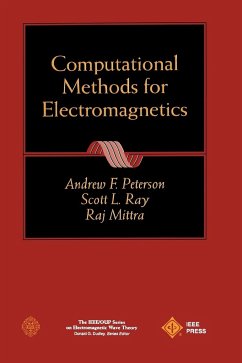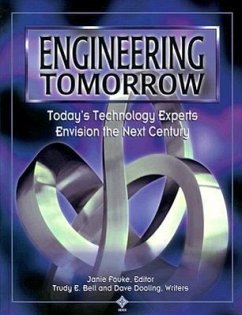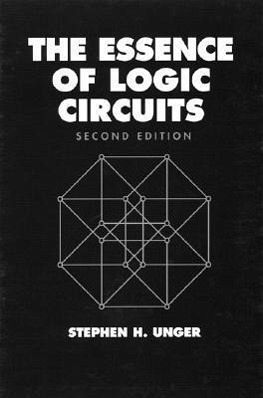
The Essence of Logic Circuits
Versandkostenfrei!
Versandfertig in über 4 Wochen
173,99 €
inkl. MwSt.

PAYBACK Punkte
87 °P sammeln!
Electrical Engineering/Computer Engineering The Essence of Logic Circuits Second Edition Today, designing state-of-the-art circuits means packing more and more logic on a chip while avoiding timing faults. Featuring extensive introductory material, this complete, carefully organized guide brings you valuable information on designing logic circuits to meet the rising demands on modern circuit technology. The Essence of Logic Circuits allows computer engineers, computer scientists, and students to start from scratch and gain a comprehensive understanding of the most important topics in the field...
Electrical Engineering/Computer Engineering The Essence of Logic Circuits Second Edition Today, designing state-of-the-art circuits means packing more and more logic on a chip while avoiding timing faults. Featuring extensive introductory material, this complete, carefully organized guide brings you valuable information on designing logic circuits to meet the rising demands on modern circuit technology. The Essence of Logic Circuits allows computer engineers, computer scientists, and students to start from scratch and gain a comprehensive understanding of the most important topics in the field: * Boolean algebra and Karnaugh maps * Fault detection * Hazards and metastability * CMOS circuits * Computer-aided design * Symmetric and iterative functions * Arbiters and synchronizers * Self-timed circuits and handshaking methods * Latches and C-elements * And more! Complete with examples throughout, this book is ideal for engineers and students who want to achieve competence in modern logic circuit technology and a greater knowledge of the implementation of digital computers.



